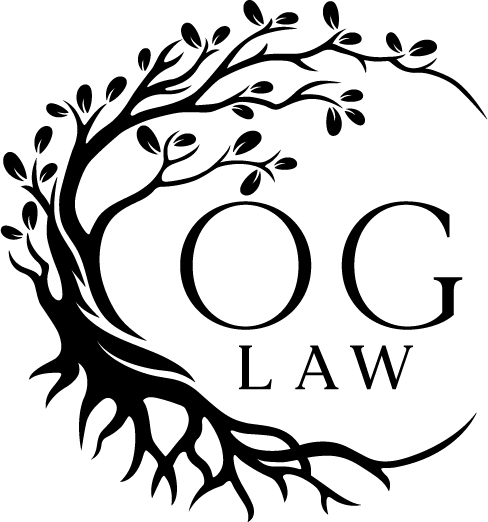In the realm of real estate, disputes over property ownership can be complex and emotionally charged. When facing uncertainties regarding property rights, individuals may turn to legal remedies such as quiet title actions and claims for unjust enrichment to assert their interests and reclaim what rightfully belongs to them. Let’s explore how these legal avenues can be employed to resolve real estate disputes effectively.
Understanding Quiet Title Actions
A quiet title action is a legal proceeding aimed at establishing a party’s clear and unambiguous title to real property. This remedy is often pursued when there are clouds on the title, which can include competing claims, unreleased liens, or uncertainties regarding ownership. By bringing a quiet title action, a property owner seeks judicial confirmation of their exclusive ownership rights, thereby removing any doubts or challenges to their title.
Key Elements of Quiet Title Actions
- Notice
Quiet title actions typically require providing notice to all parties with potential claims or interests in the property. This ensures that all relevant stakeholders have the opportunity to participate in the proceedings and assert their rights.
- Adverse Claims
The crux of a quiet title action lies in addressing adverse claims to the property. Whether stemming from conflicting deeds, boundary disputes, or unresolved liens, the court evaluates the evidence presented by each party to determine the rightful owner of the property.
- Judicial Resolution
Through a quiet title action, the court issues a final judgment clarifying the property’s ownership rights. This judgment serves to extinguish adverse claims and establish a clear title in favor of the prevailing party.
Pursuing Unjust Enrichment Claims
In addition to quiet title actions, parties may also bring claims for unjust enrichment in real estate disputes. Unjust enrichment occurs when one party benefits at the expense of another in a manner that is deemed inequitable or unjust. In the context of real estate, unjust enrichment claims often arise when a party unlawfully retains possession or enjoys the benefits of property without proper legal justification.
Elements of Unjust Enrichment Claims
- Benefit Received
The plaintiff must demonstrate that the defendant received a benefit, such as possession or use of the real property, at the plaintiff’s expense.
- Lack of Legal Justification
It must be shown that the defendant’s enrichment occurred without valid legal justification or authorization. This could involve trespassing, wrongful possession, or exploitation of the plaintiff’s property rights.
- Equity and Restitution
Courts assess the equities of the situation and may order restitution or compensation to remedy the unjust enrichment. This could involve returning the property to the rightful owner or providing monetary compensation for the benefits received.
Conclusion
Navigating real estate disputes requires a thorough understanding of legal principles and strategic advocacy. Whether pursuing a quiet title action to clarify ownership rights or asserting a claim for unjust enrichment to rectify inequities, skilled legal representation is essential. The team at Ortega Group is dedicated to assisting clients in resolving real estate disputes effectively and protecting their property interests. Contact us today to discuss your case and explore your legal options.


